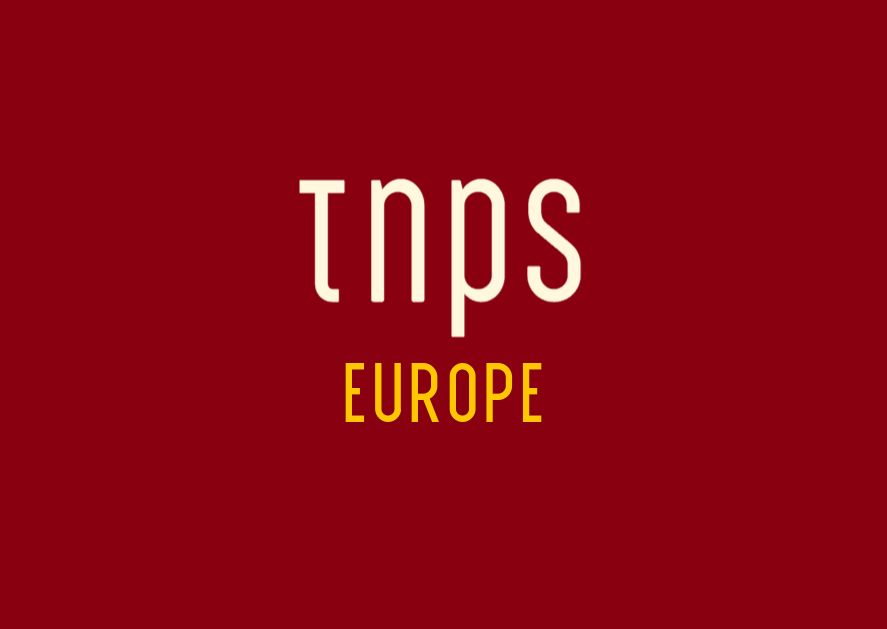But the big surprise would be were Nextory CEO Shadi Bitar to step outside Storytel’s shadow and do something seriously innovative in the global arena.
Regular readers will know TNPS been struggling here in West Africa this month, so I’m a week late with news of Nextory’s plans to restructure the company to attract further investment. But it fits nicely with news today of the imminent Netherlands launch.
It’s been almost a year since Nextory last announced a new market, and it will be a full year when the next market finally launches. That will be the Netherlands in December, when Nextory expects to offer the bulk of Dutch-language digital titles in the new service.
Already in Finland, Denmark and Germany, and since December 2019 in Austria in Switzerland –
– the seventh market of the Netherlands might have been the eighth had plans for a Norway launch gone to plan, but as recently reported here at TNPS, issues remain unresolved between the company and Norway’s publishers.
In a press release, Nextory CEO said:
The Netherlands is a digitally mature market where many are already used to digital subscriptions and streaming services for books. There is therefore great potential for Nextory in the tulips’ promised land and we will from the start have the majority of all Dutch books that are digitised.
Nextory has been reporting superficially impressive results through the year. This from Q1:
And from Q2:
But as raised here when the Q3 results came in with the same dazzling percentages, what does it all mean?
Earlier this year Nextory raised $6 million in funding, but of course only the investors got to see the real numbers behind the percentages.
Might that be about to change?
During the TNPS downtime this month news emerged that Bitar was looking to change the business structure to attract new investment. I defer to Sölve Dahlgren at Boktugg and Kalle Laxgård at Svensk Bokhandel for the background given the better understanding of Swedish business laws:
Dahlgren explains:
Nextory increased revenues by 76 percent during the first nine months of the year compared with the same period last year. But the company wants to raise more capital to continue to grow.
Nextory has (now) taken the first steps towards becoming a public company, which is not the same as an IPO, but it makes it possible to broaden the base of investors.
A private limited company (which is the most common for smaller companies) may not distribute shares, subscription rights, promissory notes or warrants through advertising. This also applies to shareholders in private limited companies. It is also not permitted to otherwise offer more than 200 people the right to subscribe for shares or securities.
By changing to a public company, this means that the company can advertise or otherwise draw the attention of the outside world to the possibility of buying or subscribing for shares in the company. Only public limited companies may trade in shares on a Swedish or foreign stock exchange or any other organised marketplace.
Nextory’s Bitar told Laxgård:
We work almost continuously with raising capital and now we are preparing another one. However, some institutional funds, for example, are not allowed to invest in private companies. That is why we have chosen to change company form.
We probably have (an IPO) as a long-term ambition, but at present we have not decided it.
But as Dahlgren observes,
Other things can happen along the way, such as a major player placing a bid that the owners cannot refuse and the entire Nextory being bought up. Or that Nextory will raise enough capital to swallow any competitor.
Given Storytel’s market-leader position and that Bonnier is behind BookBeat the latter scenario seems unlikely right now.
Especially given Nextory’s insistence thus far on not sharing real revenue and subscriber numbers, it’s reasonable to speculate it is in firm third place. If otherwise, why would Bitar keep quiet about the real numbers while extolling the percentages?
But Dahlgren’s speculation is perhaps not so very fanciful. Any player wanting to get a foothold in the emerging digital book markets is likely to consider Nextory before Storytel or BookBeat, and with a serious influx of cash Bitar could yet surprise us all.
But the big surprise would be were Bitar to step outside Storytel’s shadow and do something seriously innovative in the global arena.
Sweden, Finland, Denmark, Germany… These were all markets prepared by Storytel. Austria and Switzerland are not meaningful new territory in that they rely on content already available for the German market.
Further expansion into west Europe – Italy and Spain, for example, and the long-awaited Norway launch – will bring nothing new to the table. In Latin America, SE Asia and the Middle East Storytel leads the way.

What would be impressive – and exciting – is if Bitar were to step outside the Storytel comfort blanket and focus on, for example, Eastern Europe (where Storytel is so far only in Poland), South Asia (where Storytel is so far only in India) and the virgin territories of Central Asia and Africa (especially South Africa, Nigeria and Ghana) where competition is sparse and opportunities abound.




